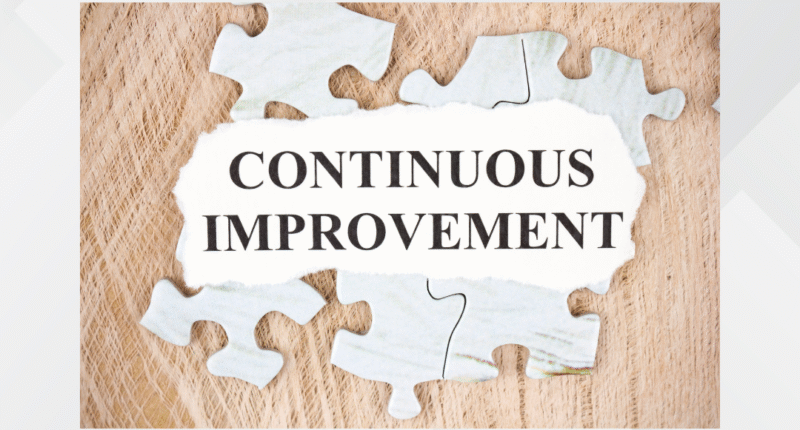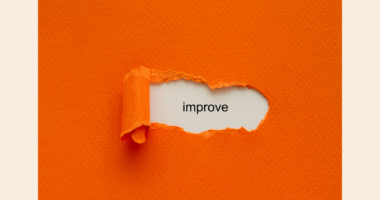In today’s fast-paced manufacturing environment, companies are under constant pressure to improve efficiency, reduce waste, and maintain high-quality standards. Kaizen, the Japanese philosophy of continuous improvement, offers a practical and effective approach to achieving these goals. By focusing on small, incremental improvements, modern manufacturers can drive innovation, boost productivity, and create a culture of operational excellence.
Understanding Kaizen in Modern Manufacturing
Kaizen is not just a set of tools—it is a management philosophy that emphasizes ongoing improvement at every level of the organization. It encourages employees to participate actively in identifying inefficiencies, proposing solutions, and implementing changes. The approach is particularly relevant for modern manufacturing, where agility, quality, and responsiveness are critical for success.
Key Principles of Kaizen:
-
Continuous Improvement: Regular, incremental enhancements that accumulate into significant operational gains.
-
Employee Engagement: Empowering staff at all levels to contribute ideas and solutions.
-
Waste Reduction: Eliminating non-value-added activities to optimize resources and processes.
-
Standardization: Documenting best practices to maintain improvements and ensure consistency.
How Kaizen Benefits Modern Manufacturers
1. Enhanced Productivity
Kaizen helps manufacturers streamline workflows, reduce bottlenecks, and optimize resource allocation. By continuously refining processes, manufacturers can achieve higher output without the need for additional capital investment.
2. Cost Savings
Through waste elimination and efficiency improvements, Kaizen enables manufacturers to lower operational costs. Reducing excess inventory, unnecessary motion, and overproduction ensures resources are used effectively and expenses are minimized.
3. Improved Quality
Kaizen emphasizes quality at every stage of production. Incremental improvements and regular monitoring reduce defects, rework, and errors, leading to higher customer satisfaction and stronger brand reputation.
4. Employee Empowerment and Engagement
Involving employees in problem-solving and process improvement fosters a culture of ownership and accountability. Engaged employees are more motivated, innovative, and committed to achieving organizational goals.
5. Agility and Adaptability
Modern manufacturers face rapidly changing markets and customer demands. Kaizen fosters a culture of continuous learning, enabling organizations to adapt quickly, implement improvements efficiently, and maintain a competitive edge.
Implementing Kaizen in Modern Manufacturing
To unlock the full potential of Kaizen, manufacturers should assess current processes, involve cross-functional teams, set measurable goals, and adopt tools like 5S, PDCA cycles, and value stream mapping. Leadership commitment and ongoing monitoring are essential to sustaining improvements and embedding Kaizen into the company culture.
By adopting Kaizen, modern manufacturers can achieve sustainable growth, operational excellence, and a culture of continuous improvement. The philosophy empowers organizations to enhance efficiency, reduce waste, and remain competitive in an ever-evolving industry.









